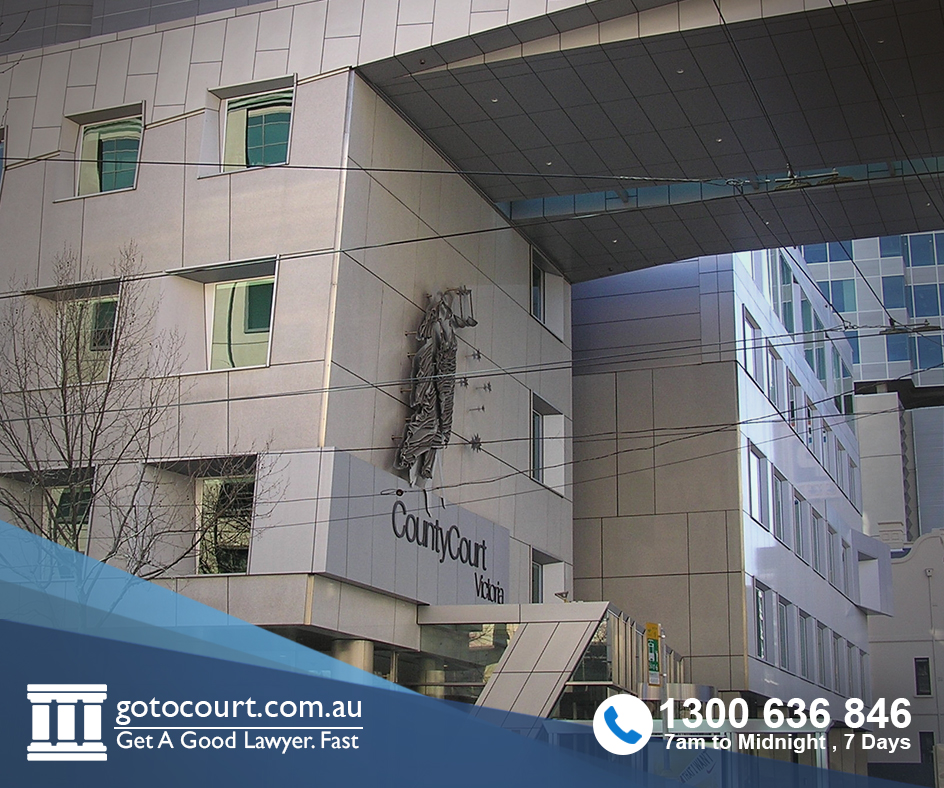What is a Committal Hearing? (Vic)
When a person is charged with a serious indictable offence that must be dealt with by the Supreme Court or County Court, the accused must first be ‘committed’ to a higher court by a magistrate. This occurs by way of a proceeding known as a Committal Hearing. At a Committal Hearing, a magistrate considers the prosecution case against the accused and makes an assessment as to whether there is sufficient evidence for a jury to find them guilty. If there is insufficient evidence for a jury to find the accused guilty, the magistrate will dismiss the charge at the Committal Hearing. If there is enough evidence to support a finding of guilt, the magistrate will commit the matter to a higher court, where it will be finalised by way of a guilty plea or a trial.
What is the purpose of a committal hearing?
Committal hearings exist to prevent serious criminal prosecutions from being initiated indiscriminately. Where the prosecution does not have sufficient evidence to find an accused guilty in a higher court, the accused should not be made to go through the stress and expense of a trial. Committals also serve to expedite the operation of the higher courts and ensure that the time of higher courts is not wasted hearing matters that have no reasonable prospects of a successful prosecution.
A committal hearing can also be used by the defence as an opportunity to test the strength of the case, to cross-examine prosecution witnesses and get an idea of how they are likely to perform at trial. It enables the accused to prepare and present a case and for the issues in contention to be clearly defined.
Legislation
In Victoria, the process for committal proceedings in governed by the Criminal Procedure Act. Under Section 96 of that Act, a Committal Hearing must be held when an accused is charged with an indictable offence, except where the charge is heard summarily (in the Magistrates Court) or where a direct indictment is filed.
A matter that is proceeding to Committal Hearing will go through a number of administrative court mentions prior to the Committal Hearing. Where the offence is a sexual offence where the victim was a child or a person with a cognitive impairment, the court is required to expedite the matter to Committal Hearing stage and this process should usually be completed within two months (Section 99). The accused must attend all court hearings relating to the committal proceeding unless excused from attending (Section 100).
What happens at a committal hearing?
How a committal proceeds depends on whether the defence wishes to take the opportunity to test the prosecution case. If the defence wants to test the evidence, the matter proceeds to an oral committal. If the defence concedes that the evidence is sufficient to commit the matter to a higher court, it can be dealt with by way of a hand up committal.
Oral Committals
At an oral committal hearing, the prosecutor will call each of its witnesses to provide evidence-in-chief. This is usually done by the witness adopting the content of their statement and attesting to its truth and accuracy. The defence then has the opportunity to cross-examine each of the witnesses. However, the defence is not required to put the defence case to the prosecution witnesses and give them the opportunity to comment on it as occurs during a trial.
The defence will often use an oral Committal Hearing as an opportunity to establish facts. The prosecution must lead all its evidence at the Committal Hearing. It is unusual for the defence to call witnesses at the committal stage.
After hearing evidence at committal, a magistrate may commit the charge to a higher court or dismiss the charge. If the magistrate chooses to dismiss the charge, this sends a powerful message to the prosecution that the charge ought not to be proceeded with and marks the end of the criminal proceeding. In rare cases, the prosecution may choose to commence a new proceeding by way of a direct indictment. This means that the charge is re-laid and taken directly to the higher court. The power to file a direct indictment can only be exercised by the Director of Public Prosecutions on the advice of a director’s committee.
Hand up committals
If the defence concedes that there is sufficient evidence for the charge to be committed to a higher court, it can waive the right to a Committal Hearing and agree to the matter proceeding by way of a hand up committal. This means that the brief of evidence will simply be handed up to the magistrate and the magistrate will commit the matter to a higher court. No witnesses will be called, as parties are in agreement that the matter should be committed and the evidence is not being tested. Hand up committals are common where the accused is planning to plead guilty.
If you would like legal advice about a criminal matter or any other legal matter please contact Go To Court Lawyers.








